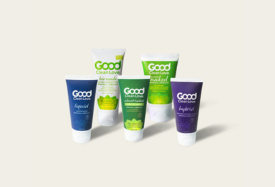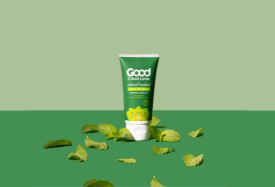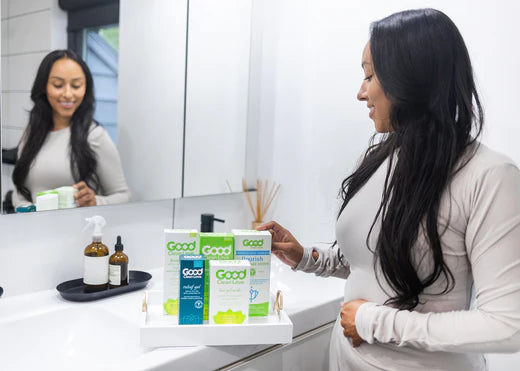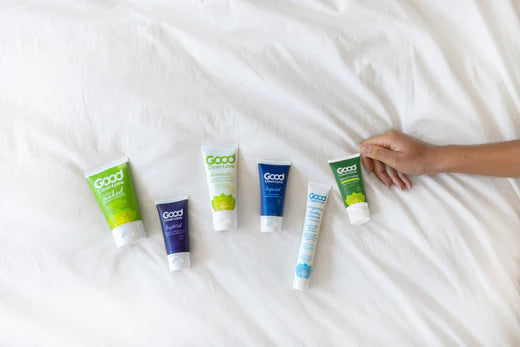
 ‘Taking a new step, uttering a new word is what people fear most.’
‘Taking a new step, uttering a new word is what people fear most.’
Let’s just admit it, sex is kind of scary. Even those of us who love it, sometimes cower at its power and consequences. Sex has the power to catapult and end a relationship almost simultaneously. Sex can unite and divide in the same moment. Sex defines our identity and confuses our relationships. Sex has the power to create life yet can with inappropriate use, destroys it. How do we teach about the drive, the wonder and the many dichotomies of this most human of acts without terrifying the students? This question has been asked and answered a million ways. Is there actually a right answer?
The right and wrong of sex and its education is a profoundly personal choice. That it has taken center stage in our public political forum only makes the partisan sides of the argument dig in their heels deeper. There is no proving anyone right or wrong and no convincing anyone of your point of view when it comes to sex. There is just your personal relationship to your own sexuality, which opens or silences the conversation. To the degree that discomfort, shame and silence characterize your relationship to sex, abstinence education is the only viable sexual education. Creating an educational model which forbids access to information, alienates sexual differences as deviations, and limits value choices to a single morality is a solution to quiet our worst fears about ourselves as sexual beings.
You can perhaps imagine the scene in my home, where my four children are not afraid to ask anything about sexuality or most anything else. They use stupid lines from Borat to tease us about our own intimate relationship and they have completely integrated our values that sexuality and love are integral to each other. Having sex with someone you don’t really love cheapens the experience, sometimes even to disgust. Physical intimacy demands emotional connection. These are the sexual education lessons that come through in the answer to every question. ‘How could you think of someone kissing you there- if you don’t even like them’� Point taken.
I don’t tell this story to intimate that my answer is more right or true than those who educate their children that sex is off limits until marriage. But from experience I could say that most forbidden things whether it be TV, candy, or sex tend to turn into obsessions. We want most what we cannot have. Additionally, in the absence of real information, kids will take whatever they can get and so we have a generation receiving their sex education through internet pornography and rap music videos. The statistics on this just say no methods of training the next generation are dismal. Just read this article, Whether it’s sex or drugs, abstinence only education simply doesn’t work
There are no winners in a partisan battle when we make an example of teen pregnancy as a model for failed policy. Of course it seems like stating the obvious that a minimum of contraceptive education would have gone a long way to re-imagining her future and it forces us to recognize that as humans, our sexuality is not expressly linked to reproduction. I think it is safe to say that the pleasure of intimate connection drives more teen curiosity than their drive to reproduce.
One way we might approach the development of a non-partisan sexual education program would be to continuously ask ourselves whether we want our curriculum to reflect our fears of sexuality or our trust and belief in the wisdom of the next generation. Imagine if our first thought about sex was the recognition that our sense of sexual selves is an intrinsic part of our identity and is developmental in the same way our ethnic, racial and religious identity expands and shifts as we grow and experience the world. If we knew that our sexual selves were a work in progress, like the rest of our life, maybe we could give up our collective fear of not being normal as we explore what it means to be sexual as we grow up.














